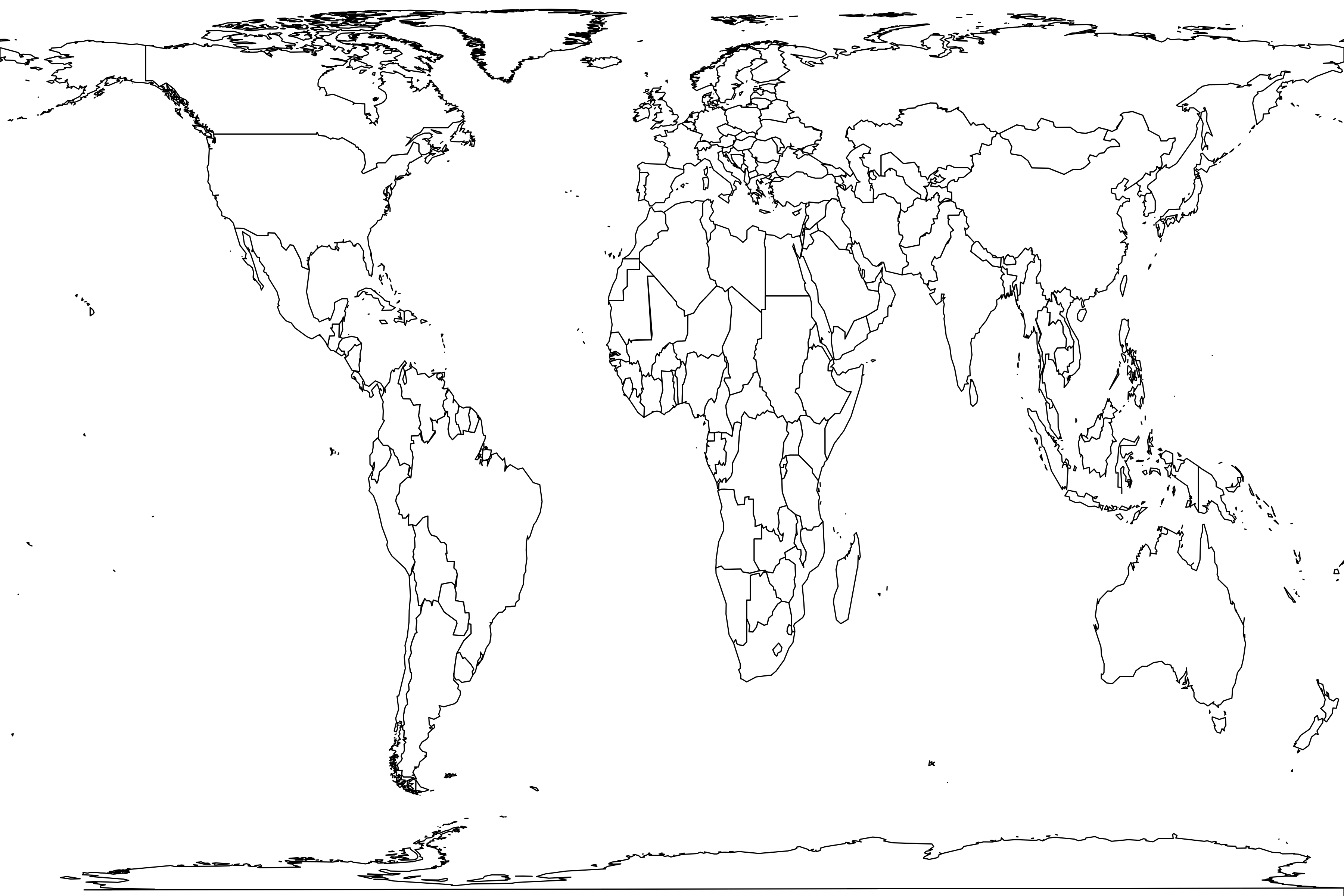Kanapoi
Basic information
Sample name: Kanapoi
Reference: J. M. Harris, M. G. Leakey, and T. E. Cerling. 2003. Early Pliocene tetrapod remains from Kanapoi, Lake Turkana Basin, Kenya. Contributions in Science, Natural History Museum of Los Angeles County 498:39-113 [ER 3999]
Geography
Country: Kenya
Coordinate: 2° 18' 32" N, 36° 3' 51" E
Coordinate basis: stated in text
Time interval: Early Pliocene
Max Ma: 4.17
Min Ma: 4.07
Age basis: Ar-Ar
Geography comments: the exact stated coordinate is 36º3'51.1"E, 2º18'32.2"N
dated between 4.17 +/- 0.03 and 4.07 +/- 0.02 Ma respectively based on tuff dates for the "lower fluviatile unit" and for "the upper portion of the lower lacustrine sequence" (dating method not stated, but 40Ar-39Ar according to Leakey et al. 1998)
dated between 4.17 +/- 0.03 and 4.07 +/- 0.02 Ma respectively based on tuff dates for the "lower fluviatile unit" and for "the upper portion of the lower lacustrine sequence" (dating method not stated, but 40Ar-39Ar according to Leakey et al. 1998)
Environment
Lithology: sandstone
Taphonomic context: fluvial deposit,lake deposit,paleosol,carnivore accumulation
Habitat comments: "the terrestrial fossils derive from fluviatile sands" that "sandwich a lacustrine interval" but vertebrates are "primarily in the vertic floodplain paleosols" in the lower part of the section and in "extensive deltaic sandstones" higher in the section
"many of the hominid specimens show evidence of carnivore damage... it is possible that the hominid remains were transported by carnivores"
"many of the hominid specimens show evidence of carnivore damage... it is possible that the hominid remains were transported by carnivores"
Methods
Life forms: carnivores,primates,ungulates,other small mammals,birds,turtles,other reptiles,fishes
Sample size: 1730 specimens
Years: 1965 - 1967
Sampling comments: the sites "were first collected" in 1965 - 1967 by a Harvard expedition led by Bryan Patterson and recollected "in the mid-1990s" by National Museums Kenya "under the leadership of Meave Leakey"
collection methods are not discussed
Struthio eggshell fragments are also present, but were not collected consistently
Hipposideros sp., Crocidurinae indet., Elephantulus sp., Leporidae indet., Tatera sp.., Murini indet., Xerus sp., and cf. Steatomys sp are present but not inventoried
collection methods are not discussed
Struthio eggshell fragments are also present, but were not collected consistently
Hipposideros sp., Crocidurinae indet., Elephantulus sp., Leporidae indet., Tatera sp.., Murini indet., Xerus sp., and cf. Steatomys sp are present but not inventoried
Metadata
Sample number: 4414
Contributor: John Alroy
Enterer: John Alroy
Modifier no: John Alroy
Created: 2024-10-31 08:21:02
Modified: 2024-10-31 08:22:36
Abundance distribution
71 species
20 singletons
total count 1730
extrapolated richness: 119.9
Fisher's α: 14.908
geometric series k: 0.9137
Hurlbert's PIE: 0.8729
Shannon's H: 2.8887
Good's u: 0.9884
Each square represents a species. Square sizes are proportional to counts.
• Find matching samples
Register


